24/7 Emergency Service
At Champion, we collaborate with your insurance provider, ensuring a swift restoration of your home or business. Our unmatched commercial cleanup services and top-tier fire and water damage solutions guarantee your peace of mind is our foremost priority.
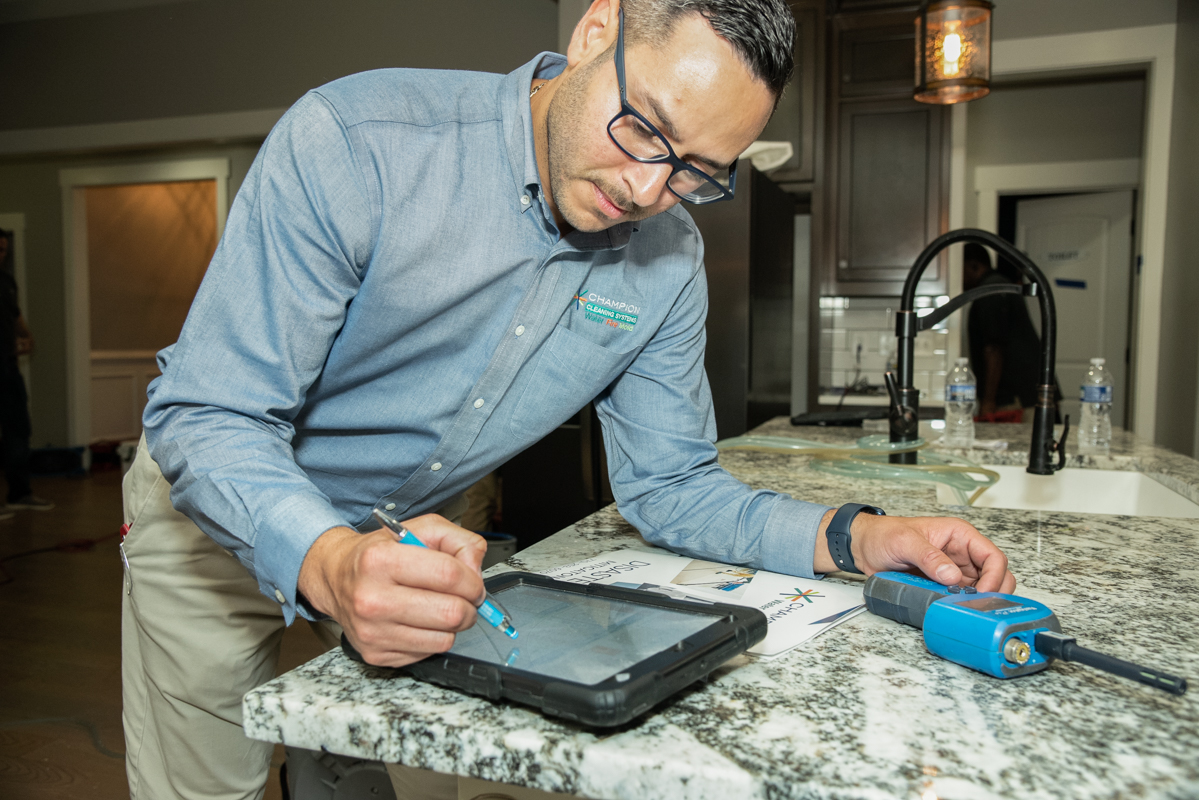
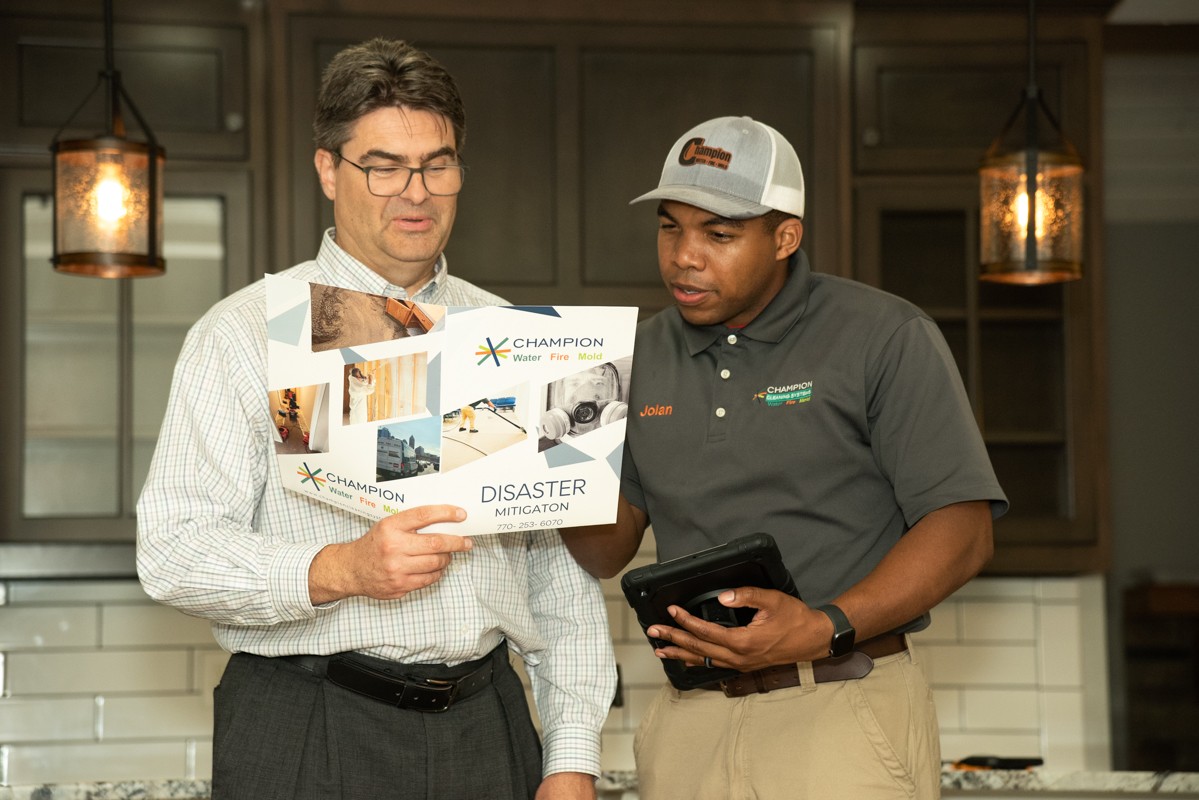
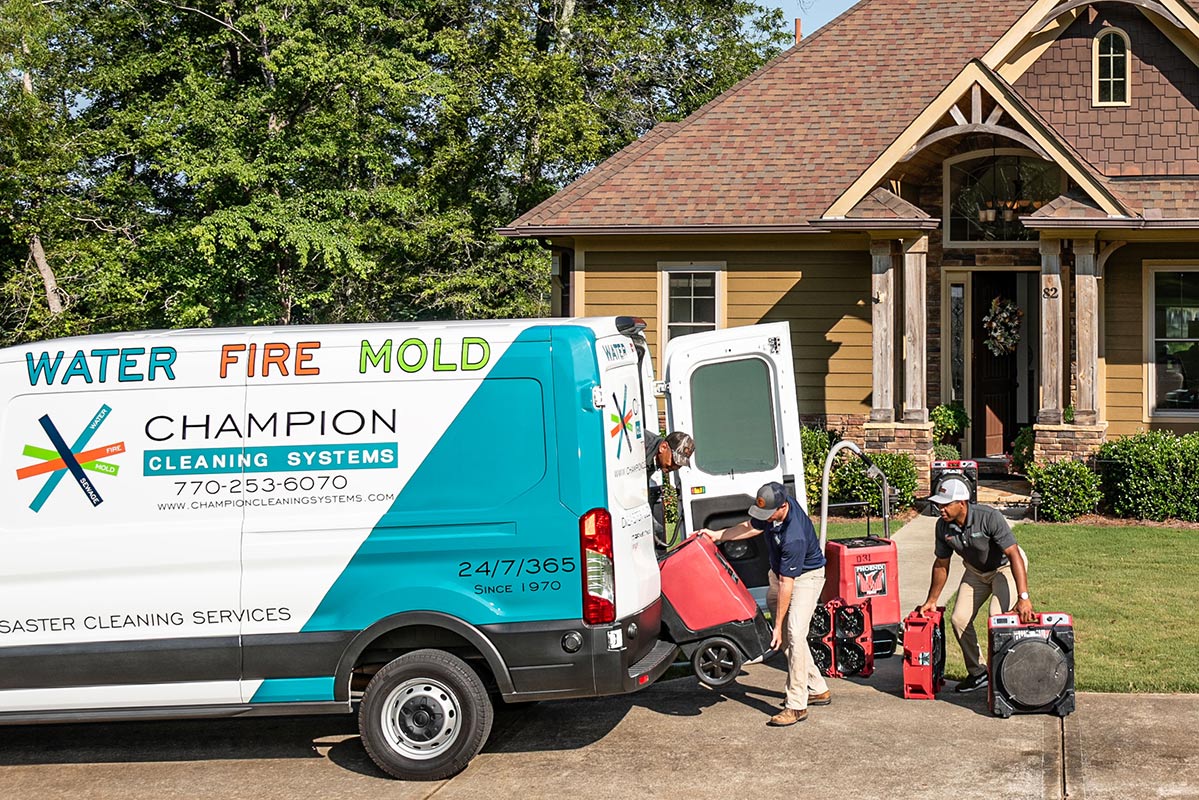
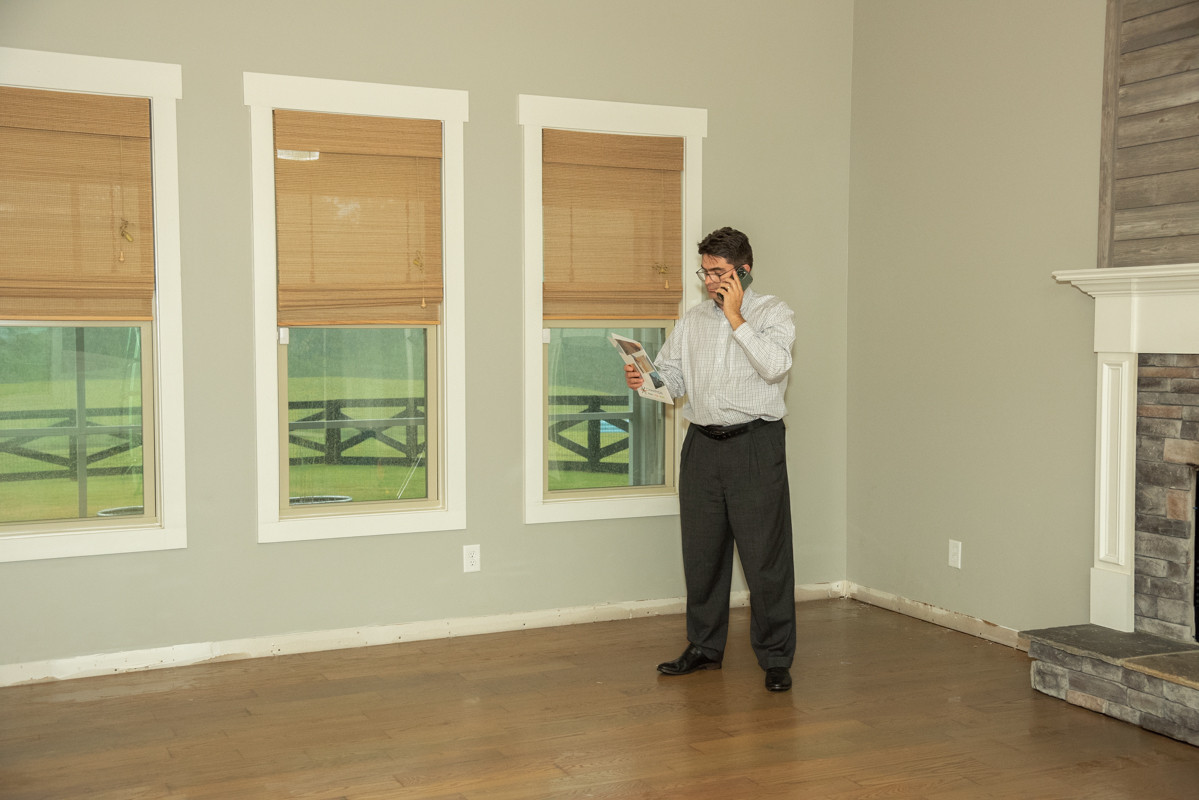
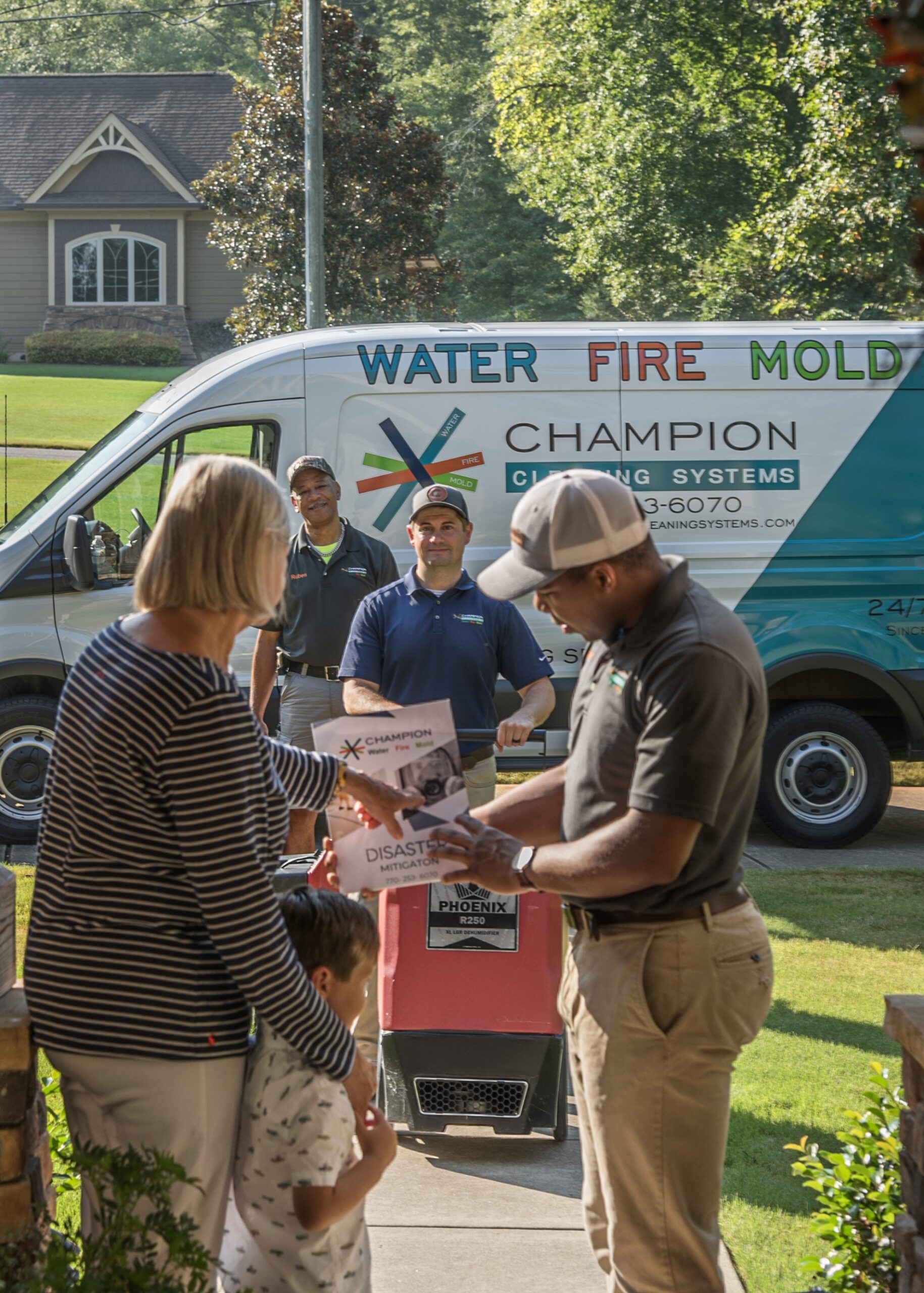
500+
10000+
180+
